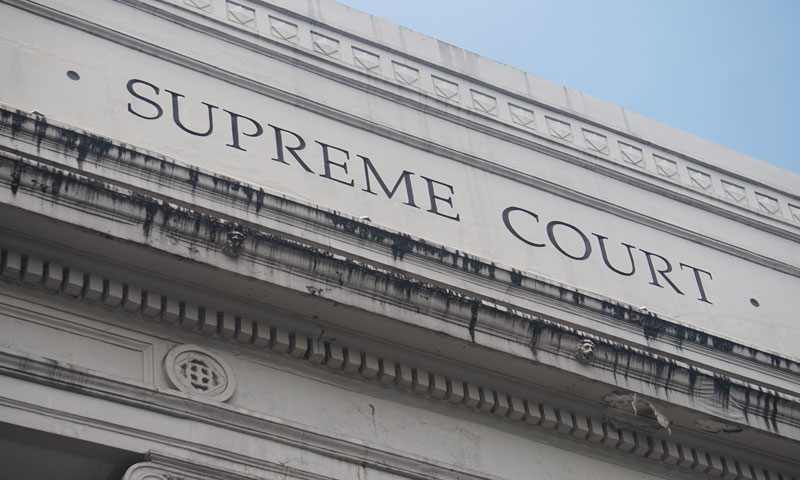
“The marker for health care is distinctive (if not entirely unique), in several respects,” he wrote. “Virtually all of us will need and obtain health care at some point, but we often cannot predict when or in what ways we will need it. And for the vast majority of us, direct payment for the health care services we obtain would be prohibitively expensive. Yet not obtaining Medicare can be the difference between life and death.”
Having explained the situation, he went on to say that “These features help explain why, unlike many other markets, insurance is the overwhelmingly dominant means of payment in the health care market. They also explain why Congress has required that individuals be given emergency care without regard to their ability to pay. As a result, and again unlike other markets, uninsured individuals who are unable to pay directly for needed medical services necessarily shift the cost of those services to others — to health care providers, the government, individual with insurance and taxpayers.”
He therefore concluded that, ” The individual health mandate surely passes constitutional muster under settled judicial principles. The Constitution’s Commerce Clause grants Congress the authority “to regulate commerce … among the several States.” … The purported limit on congressional power favored by the mandate’s opponents—between constitutionally permissible regulation of “activity ” and unconstitutional regulation of “inactivity ”—is simply unknown to Commerce Clause jurisprudence, is wholly unworkable, and makes no economic sense. … I recognize that many persons believe the health mandate is very bad legislative policy. But the appropriate judicial response to such a complaint has long been clear. The Court was admirably forthright about the point in its ruling in Munn v. Illinois in 1876: “For protection against abuses by the Legislature, the people must resort to the polls, not the courts.”
Monaghan is known for his highly cited essay, “Our Perfect Constitution,” which criticized activist judges who misuse the constitution to invent individual rights. He also backed Robert Bork, Reagan’s highly conservative choice for the Court.






































